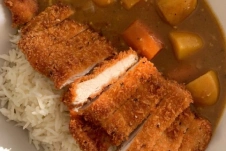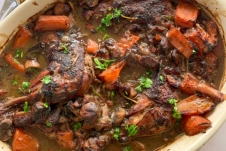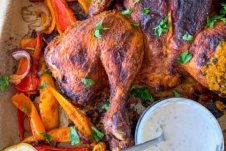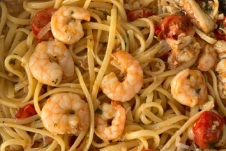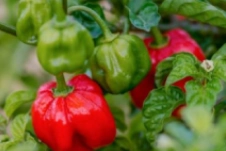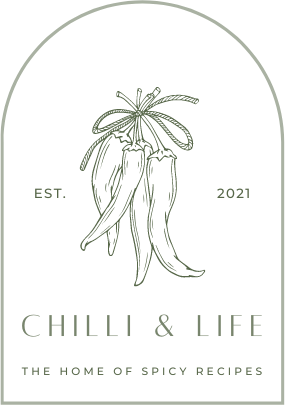
Nigerian Cuisine for Newbies
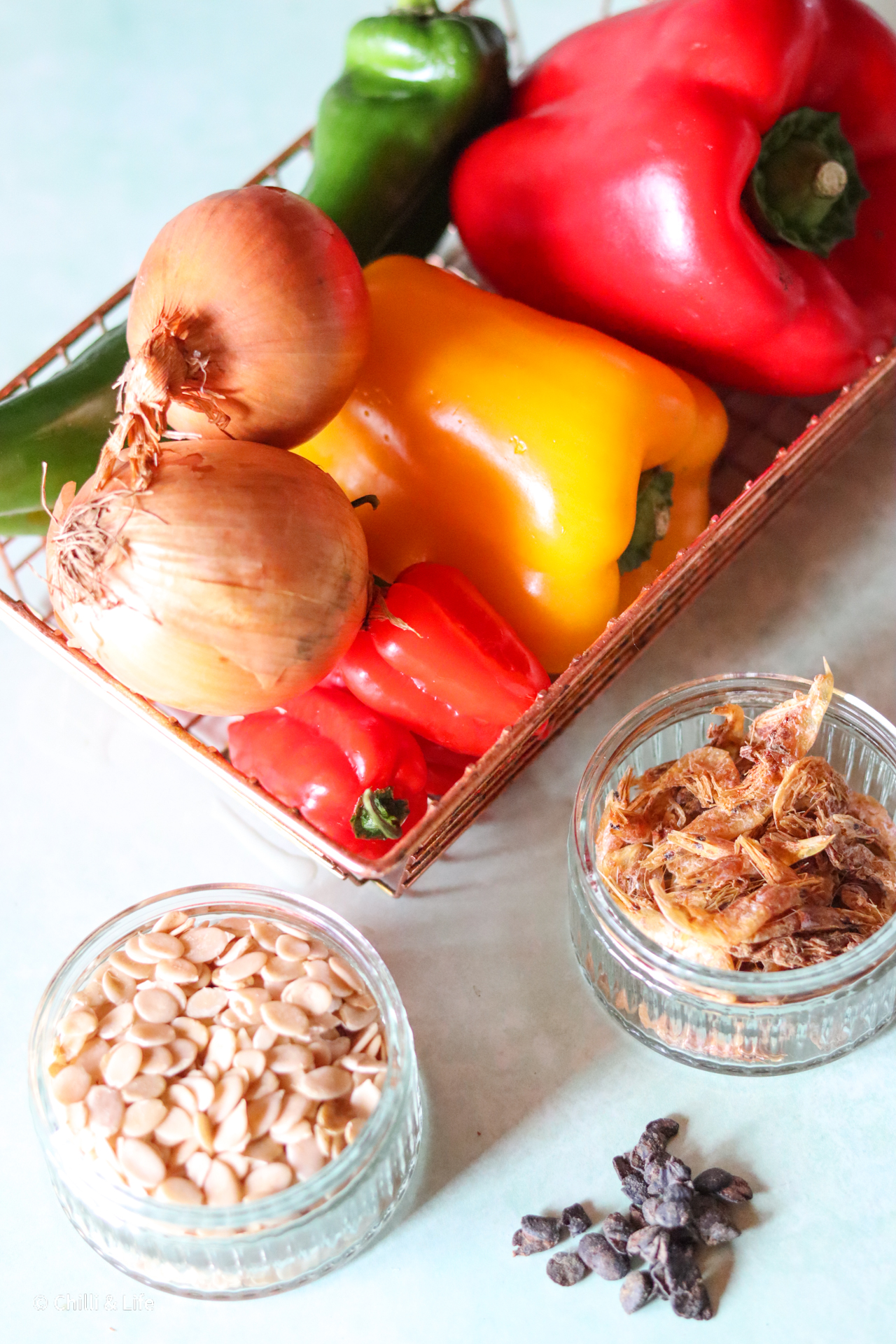
Nigerian Cuisine for Newbies
- 1162
- 0
Food For Thought - An introduction to Nigerian Food!
This post may contain affiliate links, which means that I may receive a commission if you make a purchase using these links, at no extra cost to you. All opinions remain 100 % my own.
Nigerian Cuisine is seriously under rated. A big shame as its varied and delicious! Nigerian food can be summed up in 3 words! Spicy, unique and flavourful!

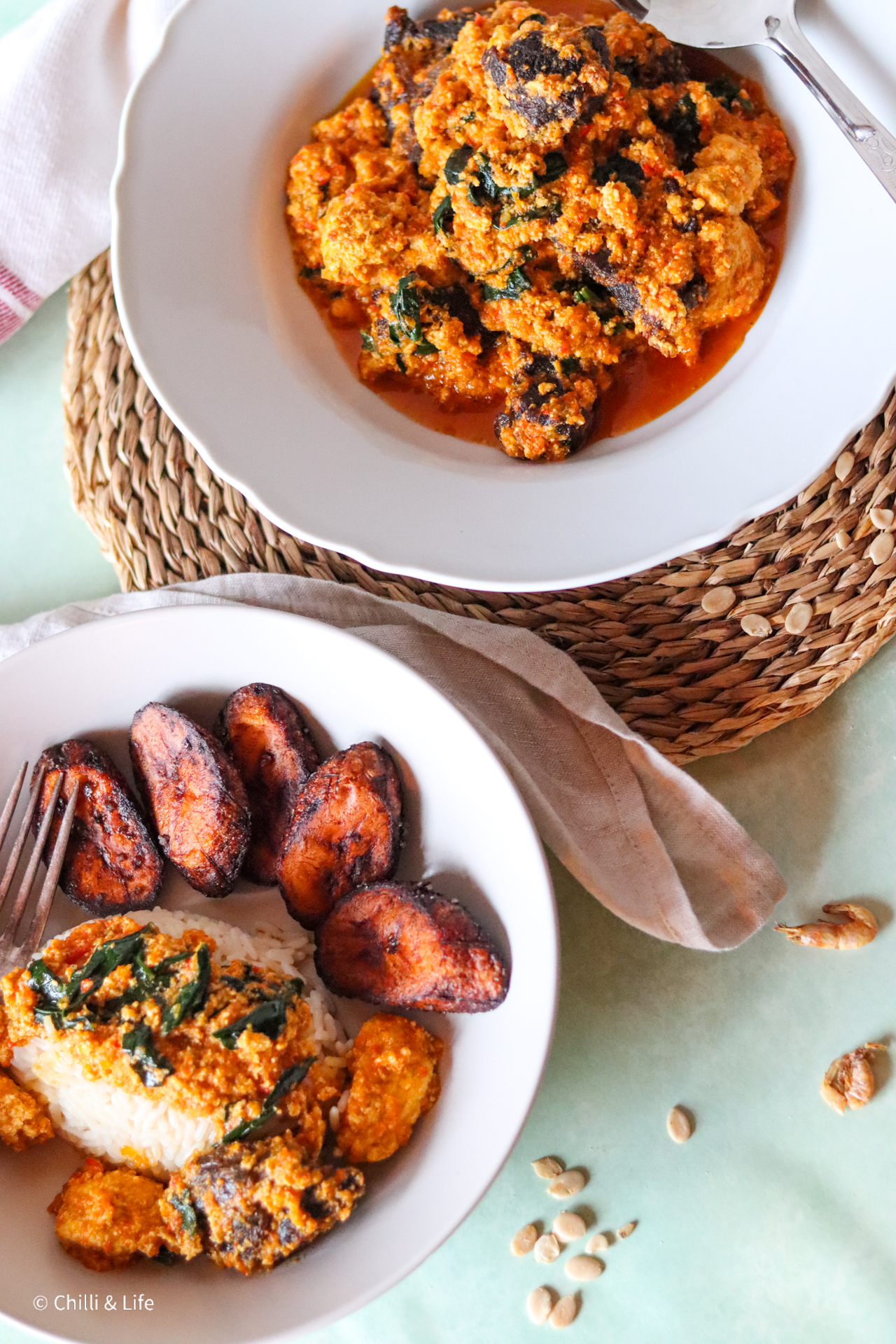

About Me
Chilli & Life food blog is run by me, Jacinta. I am a 27 year old mixed race girl from London. Born to a British Nigerian mother and a Welsh father, in Barnet London.
I was raised on the delicious and spicy home cooked meals of my mother. Nigerian food was one of the foods we ate the most because of my mothers heritage but also because of how delicious it is!
This week I wanted to celebrate my favourite foods from Nigeria because I have been having some serious cravings! This means one thing to a foodie like me….it’s time to cook and stock the freezer with my favourite Nigerian Sauces!
Where is Nigeria?
Nigeria is a large coastal country in West Africa on the golf of Guinea. It shares borders with Benin to the west, Cameroon to the east and Niger to the north.
The country has savannahs, forests and miles of coastline. The population is over 206 million. That’s a lot of mouths to feed! Amongst the 200 million people there are over 250 different tribes, all with different languages and customs. Of course they all have different native foods.
My mother hails from the Yoruba tribe one of the main and largest tribes. The recipes on this site are the Yoruba way of cooking.

Nigerian Cuisine
Nigerian cuisine, like West African cuisine in general, is known for its richness and variety. Different spices, herbs, and flavourings are combined with palm oil or groundnut oil to create deeply flavoured sauces and soups.
Nigerians like their food hot with plenty of ‘pepe’. Soups and sauces are often made very spicy using scotch bonnet, known in Yoruba as ‘ata rodo‘. Nigerian feasts are colourful and lavish, if there is a party, best believe there will be plenty of food available. Plus people will show up with tupperware ready to prepare a home pack!!


Markets –
Markets are big in Nigeria, supermarkets exist, of course, but much of the population cannot afford to go and simply prefer to shop in the authentic old school way, at their local market. Produce is fresh, visible and untainted by cellophane and plastic packaging.
Roadside snacks are also big, all kinds of meat, fish and vegetables cooked on barbecues or fried in oil are plentiful and varied.



Soups –
Soups in Nigeria are not the same as western soups. They are thicker, heartier and never eaten alone. More comparable to stews; filled with meat, fish and vegetables. They are eaten with the food group known as ‘swallow’.
A few favourites are:
- Ogbono – Used as thickener and for flavour. A seed which is dried and then ground. It also gives the soup a dark colour. The soup is then filled with assorted meats and various leafy greens or okra.
- Egusi Soup – My absolute favourite Nigerian soup. Eaten by all the tribes of Nigeria, it is often named the most popular soup. Made with dried melon seeds and spinach. Find out more from my delicious recipe here!
- Ewedu Soup – A savoury mucilaginous and slimy soup eaten by the Yoruba tribe. Made using jute leaves. A highly nutritious leafy green plant eaten worldwide. Commonly eaten with Nigerian Red Stew.


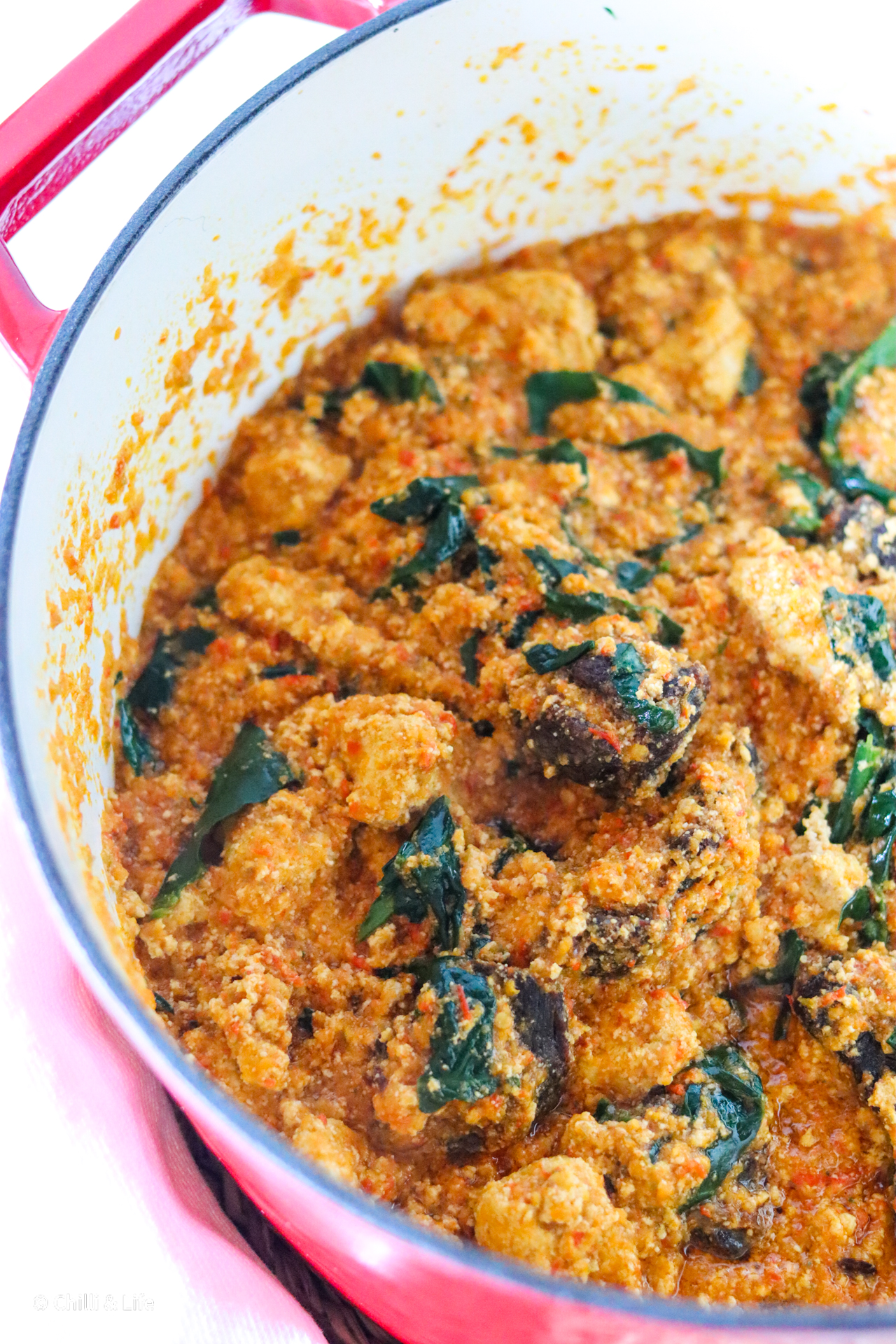
Swallow –
Swallow is a term coined by Nigerian’s to describe a food group of solid heavy carbs served with soups. Named swallow because most are dense, hard and are ingested by swallowing, hence the name. They are mostly starchy solids that are naturally malleable, elastic and thick, with a dough like consistency.
Some common choices are:
- Eba – Made from cassava that is dried, fermented and grated, which becomes ‘garri’. Garri is mixed with water and left to set. It forms a mash potato type consistency. A very popular and affordable swallow in Nigeria.
- Pounded Yam – Yam is boiled until fork tender and pounded in a pestle and mortar until a soft pliable starch is formed.
- Ground Rice – Made by cooking rice flour and water in a pot until the desired consistency is achieved.
- Amala – Made by combining yam flour with water and cooking until you achieve a thick, smooth and soft dough like consistency with a dark brown colour.
- Fufu – Made from fermented cassava paste which takes days to make. This ensures the toxic compounds found in raw cassava are eliminated.



Sides –
There are not many Nigerian sides as the soups are so hearty and filled with all kinds of ingredients that are super filling.
- Plantains – Eaten fried, boiled or baked as a side dish or for breakfast.
- Boiled Egg – Nigerians love egg. A much loved breakfast staple, also enjoyed boiled on the side of rice and roasted meats.
- Moin Moin – A delicious savoury bean cake filled with extra protein like corn beef, egg and mackerel.



Meat & Fish –
Nigerian’s love their meat, vegans and vegetarians are far and few. Meat is found in almost every dish and if not there will be fish.
A few favourites are:
- Suya – Barbecued meat seasoned with a special blend of spices known as ‘suya spice’. It includes groundnut, ground chilli and pepper.
- Goat Meat – This is a very popular meat choice and found in many soups.
- Chicken – Loved around the world chicken is a Nigerian staple. Found in soups, stews or eaten alone baked, grilled or fried.
- Beef – Another staple also found in soups and stews or eaten alone.
- Shakki – Known in the west as tripe or cow stomach. This is another popular protein and found in both soups and stews.
- Pomo – Cow skin that has been soaked and smoked. A popular meat usually added to soups and stews.
- Fish – Another much loved protein used fresh or dried. Whether fried, baked or added to stews.
- Shellfish – Not widely eaten but used widely in soups and stews to season. Dried crayfish is a common ingredient used to season food.

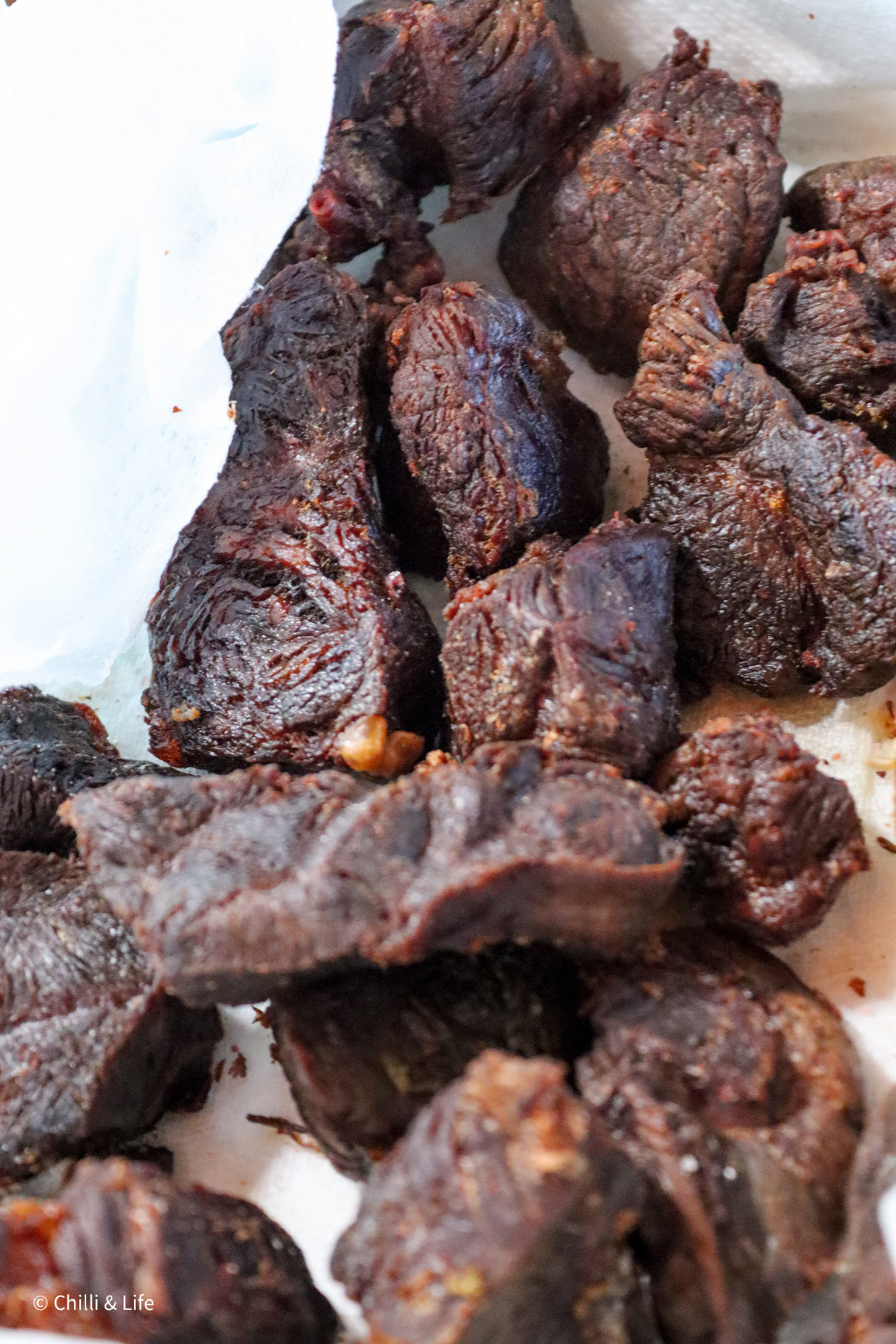
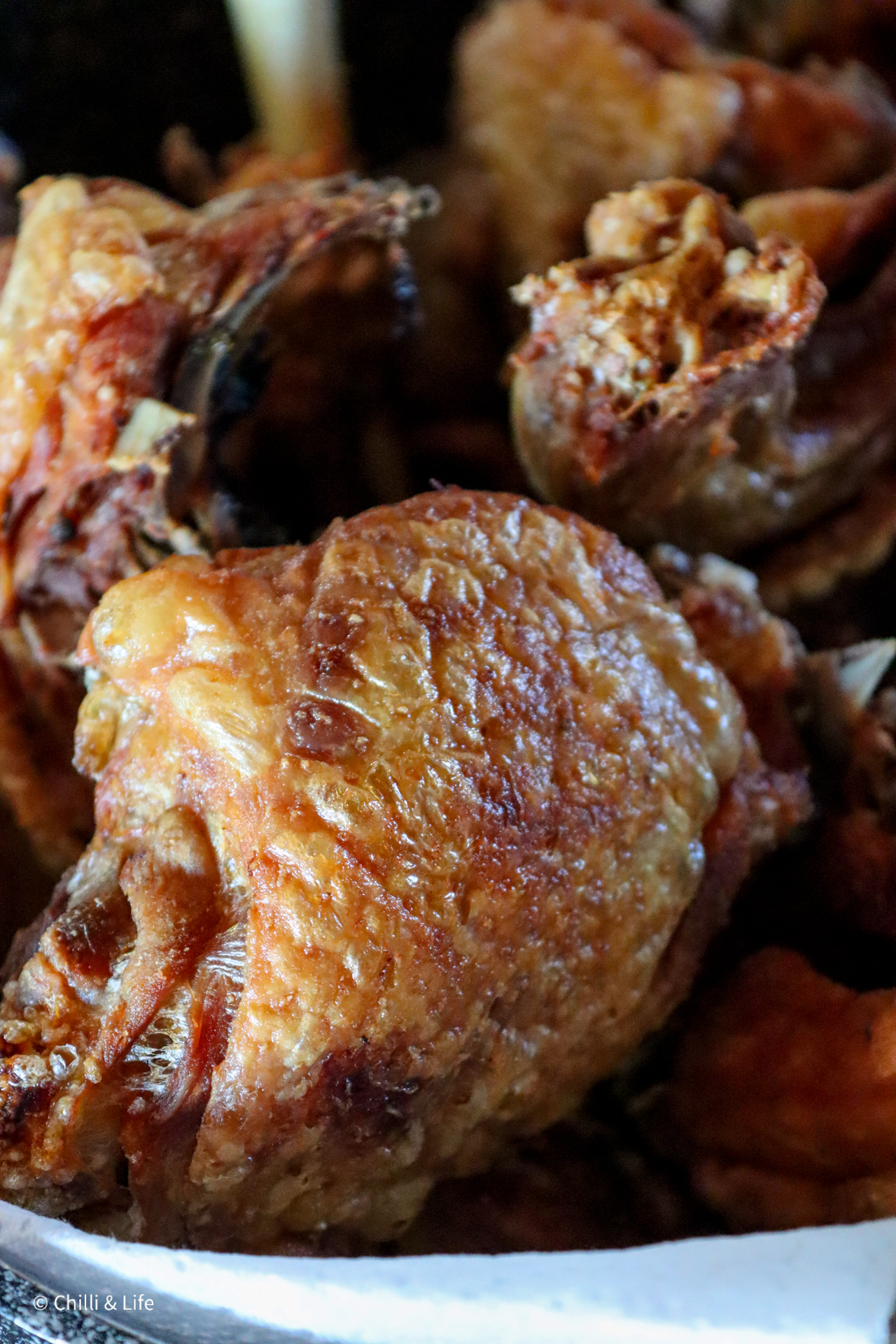
Sweet –
- Puff Puff – A deliciously sweet Nigerian donut. Made with flour, yeast, sugar, butter, water and eggs. The dough is then deep fried in vegetable oil. Puff Puff is indulgent and delicious. I will be sure to drop my own recipe soon!
- Chin Chin – A sweet crunchy fried snack made from flour, sugar, butter and milk.


Top 5 Fresh Ingredients in Nigerian Cuisine
These 5 staple ingredients are known and used on every continent. Most Nigerian dishes also contain them.
- Tomatoes – Who doesn’t love tomatoes! Loved worldwide for their versatility, flavour and variety. Often blended with other fresh vegetables to form the base of a stew or sauce.
- Bell Peppers – Sweet peppers are a staple found in every Nigerian home. I buy them weekly because they are just so tasty and versatile.
- Onions – What dish is complete without them? Just like europeans and asians, onions are an essential ingredient bringing the same qualities to Nigerian food.
- Chillies – No dish is complete without ‘pepe’. Nigerians like their food hot. Unlike our Ghanaian neighbours who prefer chilli sauce known as ‘shito’ on the side. We prefer to put the chilli straight into our food with no need for hot sauce – every dish packs a punch! The most popular chilli is scotch bonnet. We also use habaneros, and long green and red chillies.
- Plantain – This is hands down the most popular side dish in Nigeria. The sweet and savoury cousin of banana is fried, boiled, baked or mashed and served as a side dish to almost every Nigerian dish. The quickest, easiest and most popular way to eat plantain is to season with salt and deep fry in sunflower oil. Known locally as ‘dodo’.

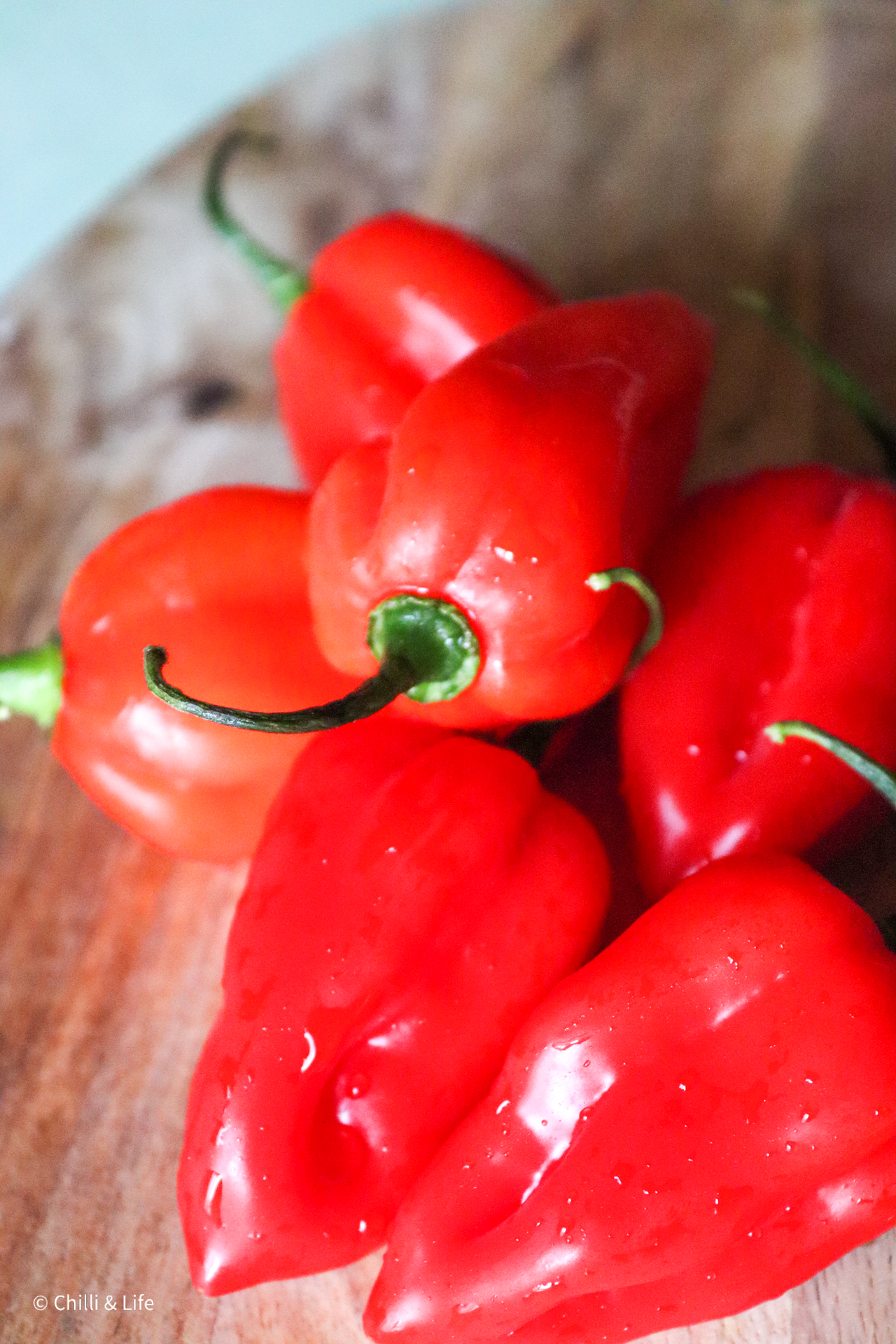
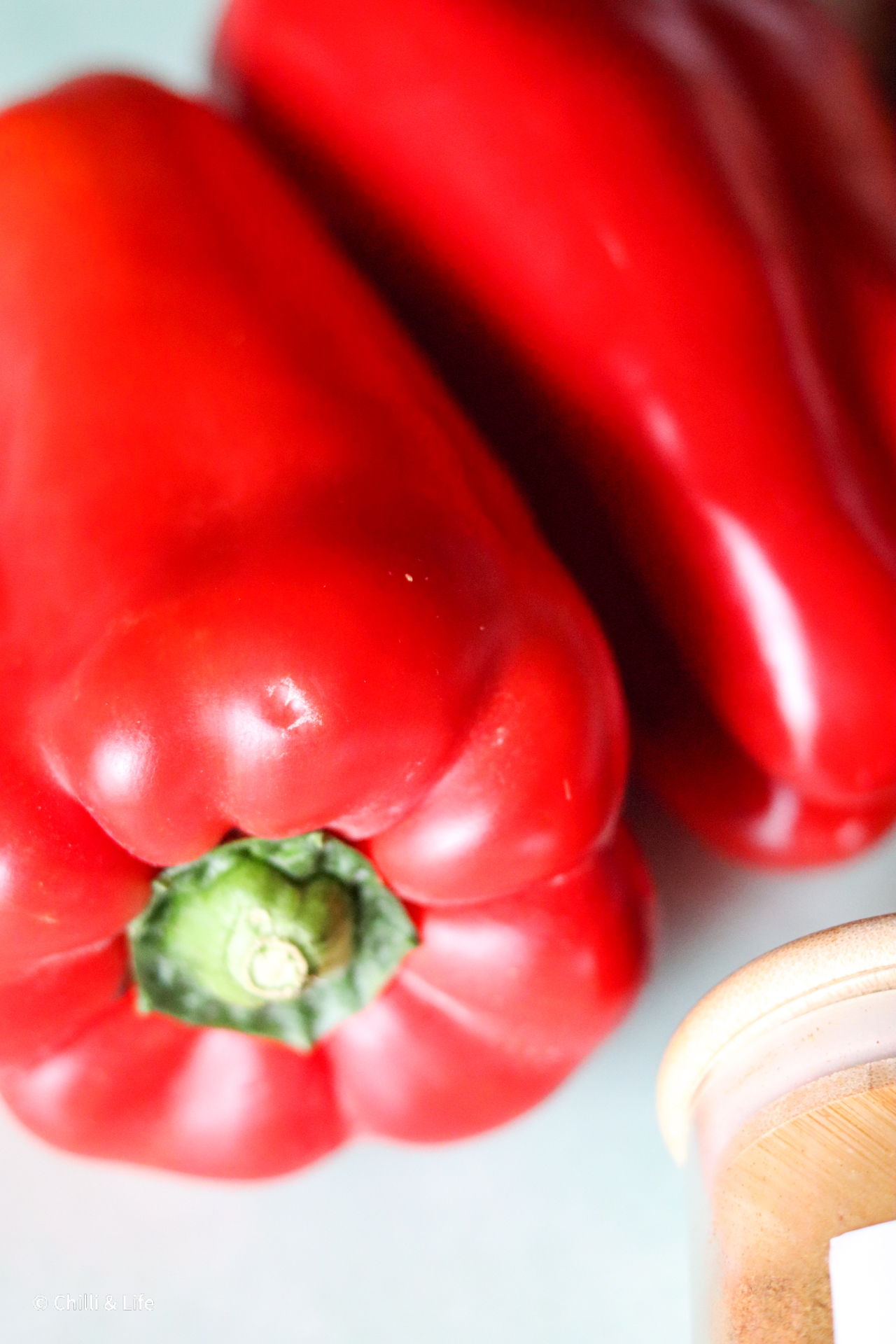
Check out my Fried Plantain – Dodo Recipe here!
Let’s Talk Seasonings
Nigerian’s love flavour and a lot of the seasoning in the various soups and stews don’t just come from herbs and spices but from dried foods that are often ground and added to soups for flavour and texture.
Herbs –
- Bay Leaves – A dark green tough leaf with a unique and pungent aroma. Used in many cuisines to season sauces, soups and meat. Often used in Nigerian cuisine to season rice, soups and meat.
- Thyme – A fragrant smelling herb also used in western cooking as a seasoning for a wide range of dishes. We add thyme to most of our sauces and to season meat.
- Scent Leaves – Called African basil by some is a sweet smelling herb used mainly for its aroma and assumed medicinal value. Sold fresh or dried.



Spices –
- Ginger – Used in both fresh and dried format for its unique and pungent flavour.
- Paprika – A classic spice made from red peppers. The peppers are dried, ground and sometimes smoked.
- Cayenne Pepper – Used in dry ground form to season and spice food, as well as a variety of other dried ground chillies native to Nigeria.
- Iyere or African Black Pepper – Belonging to the same family as the black peppercorn. It has a hot taste, fragrant aroma and flavour. Usually found sold whole in African or Indian grocers.


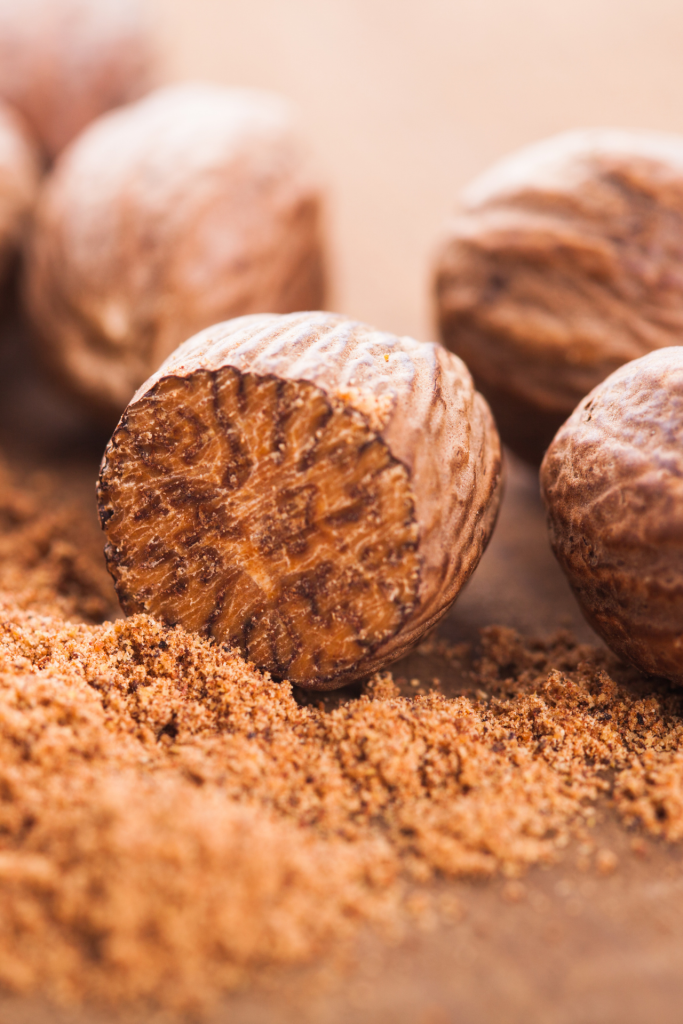
- Dried Chillies – Used either whole, ground or in flakes to season and spice certain dishes like Suya a barbecued meat.
- Curry Powder – Introduced to Nigeria during the first colonial era. Originating from Asia, a fine blend of different dried herbs and spices. Often used to flavour rice dishes and some sauces.
- Nutmeg – A unique spice used in all corners of the world for its subtle but unique profile.
Seasonings –
- Iru – A fermented locust bean. A pungent smelling salty condiment made from carob seeds. Sold whole, dried or in ground format.
- Dried Crayfish – Usually ground and used to create a distinct smoked shellfish or traditional taste and flavour in soups and stews. Usually sold as whole dried crayfish or in ground / powder form. Always buy whole and grind it yourself.
- Dried groundnut – This is what Nigerian’s call peanut. Suya, a spiced barbecued meat, is seasoned with ground peanuts.
- Stock Cubes – Maggi cubes are the favourite seasoning cubes used by Nigerian’s but stock cubes of other types are also used. To add enhanced flavour and richness to recipes.
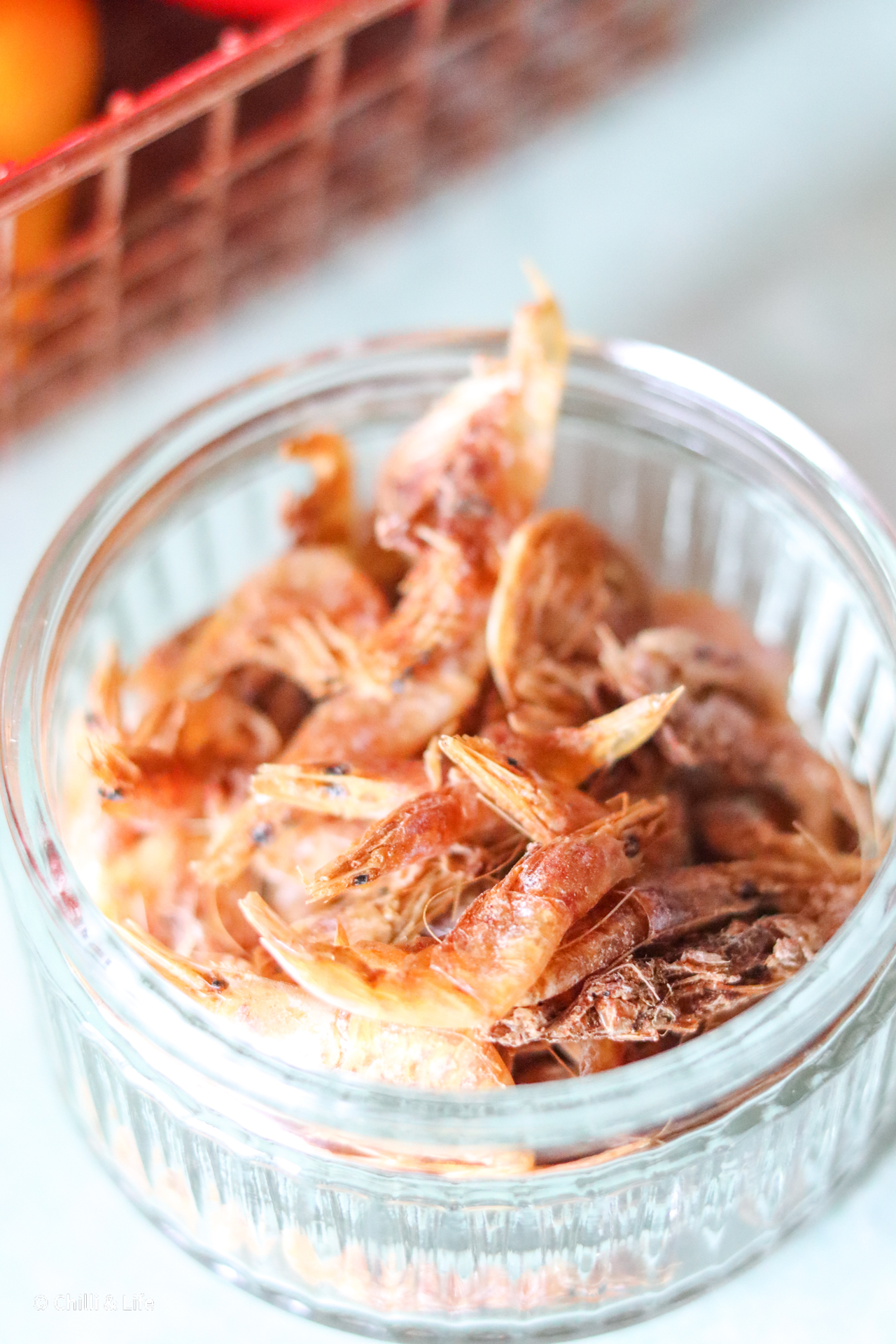
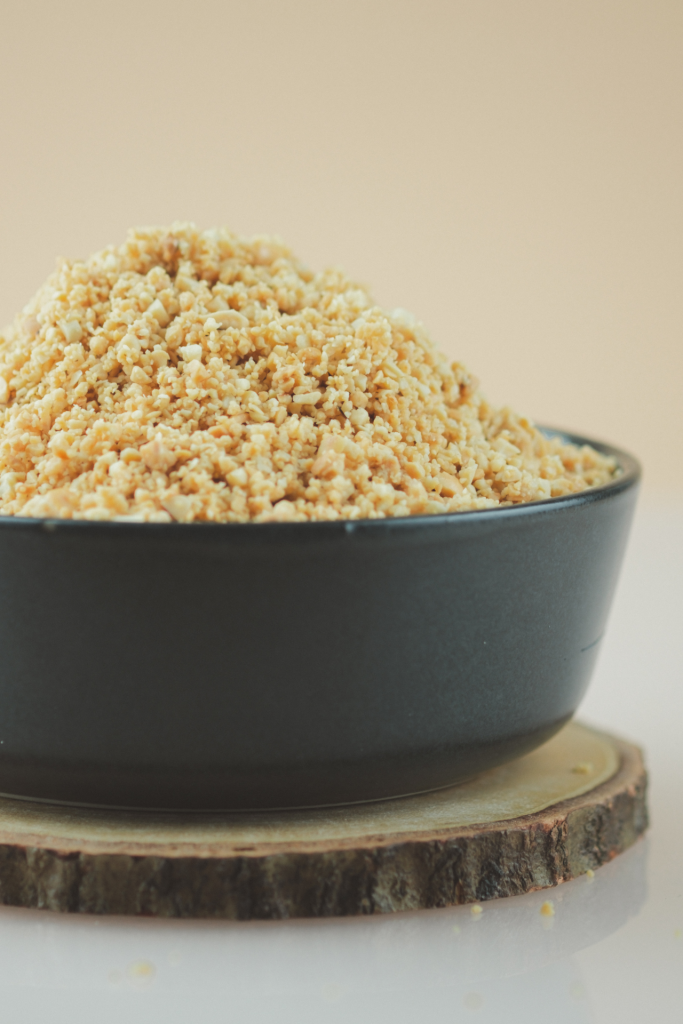
Preparing the Food
There are a lot of steps and preparation that go into Nigerian cooking. Food is often cooked in various different ways. For example, meat is often boiled, fried and then finished off in a stew or soup.
Nigerian cuisine has a lot of fried food, so oil is a big thing. Healthy food police please go elsewhere! You can of course use less oil to make each recipe healthier but this is all down to personal preference.
Oils –
- Palm Oil – This is a popular oil in Nigerian Cuisine. Loved for its high smoke point, colour and unique flavour.
- Groundnut Oil – Peanut oil is unlike other cooking oils its flavour is strong and comes through in the sauce.
- Vegetable and Sunflower Oil – The main oils used for all cooking purposes. Used to fry meat, plantain and cook all of the yummy stews and sauces.



My Favourite Nigerian Recipes
- Jollof Rice – This is the most famous dish to come out of Africa or if I may say so Nigeria. There is a widespread debate about where the special rice originated from and on top of that whose is best! It is eaten all over west Africa and prepared slightly differently by all. Check my fail proof delicious recipe here!
- Spicy Nigerian Red Stew – This is another staple and often eaten in Nigerian households for days on end, and for good reason! It is simply delicious. I could truly eat it day after day and still not get bored. A spicy stew made from a rich base of tomatoes, onions, peppers and chillies. Blended together and then fried to create a beautifully rich and flavourful sauce, which is then filled with assorted meats or fish. Check out my authentic recipe here!
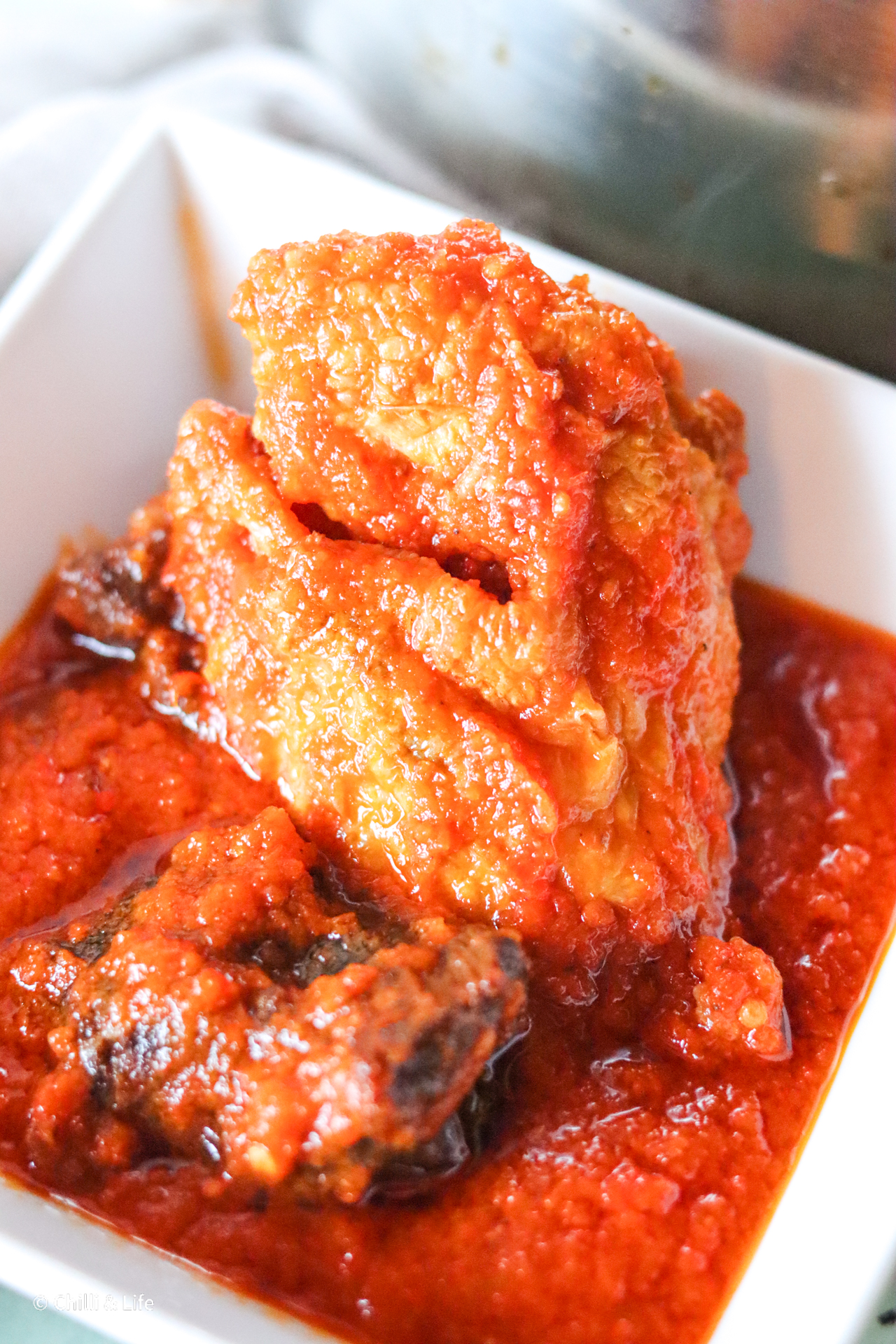
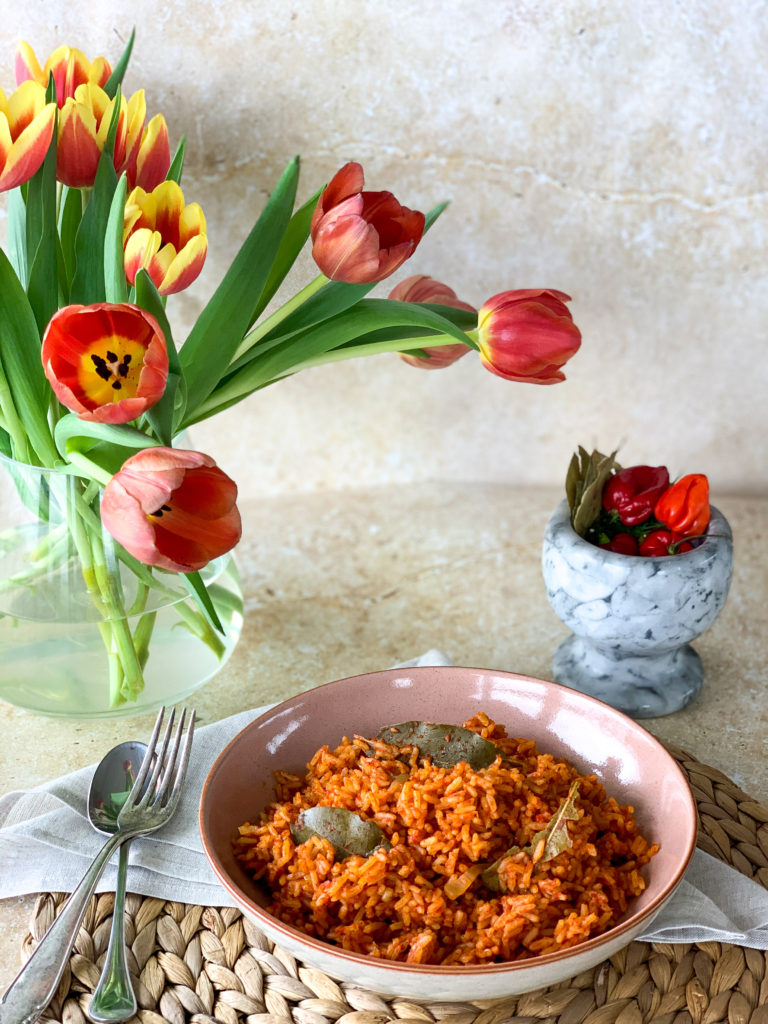
- Nigerian Egusi Soup – This recipe of mine drops on Sunday so be sure to come back then. This soup is Nigeria’s most popular and for good reason. A rich and flavourful soup made from dried melon seeds, which are ground to create a paste. The paste is then cooked in a stew base of onion, pepper and chilli. The soup is seasoned with iru and ground crayfish. Assorted meats and bitter leaf or spinach are added at the end.
- Nigerian Fried Rice – This popular rice is a party favourite, found at any Nigerian celebration. It includes assorted meats, prawns, carrots, onions, peas and other diced vegetables. Seasoned with curry, thyme, stock cube and paprika.
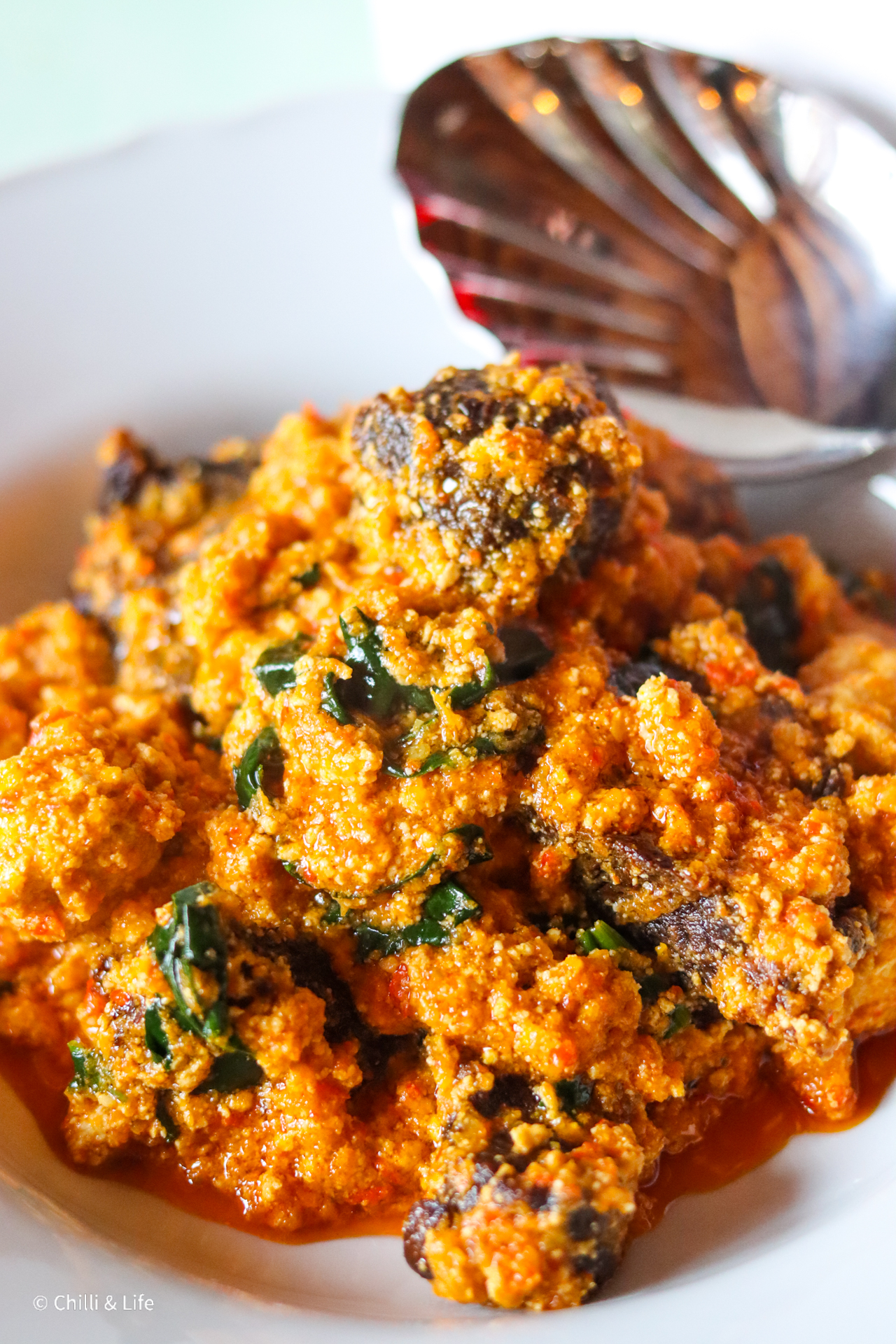
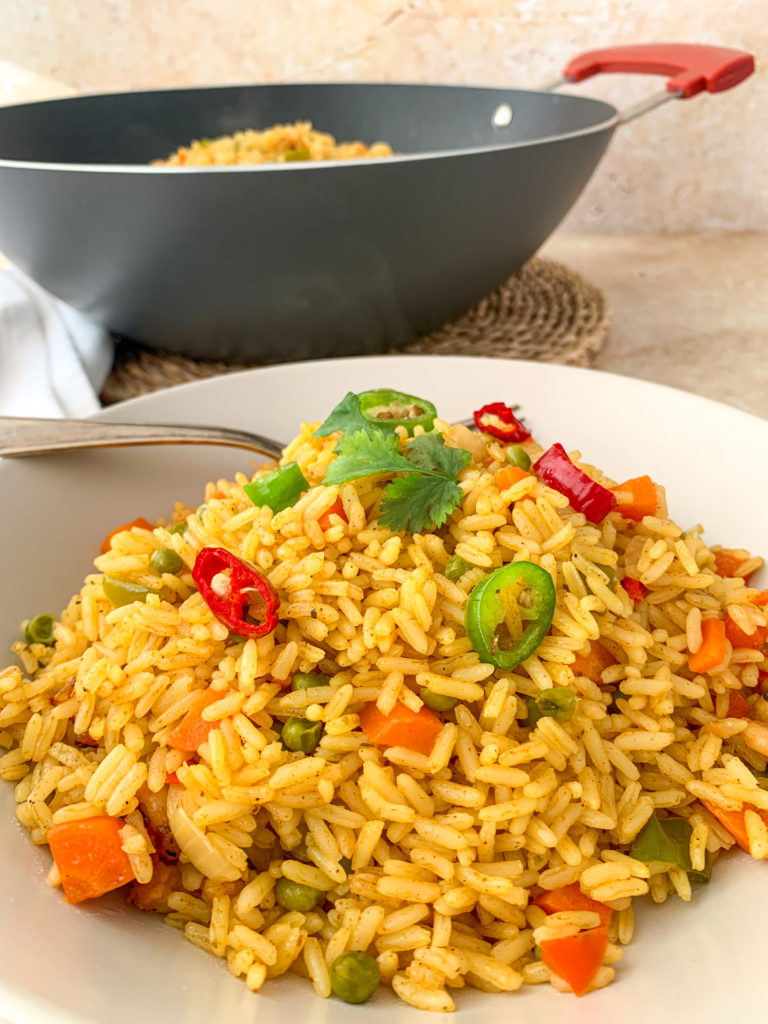
Sides –
- Moi Moi – This is another of my favourite recipes which I have yet to make myself as the process is quite arduous if you want to make it traditionally. A savoury bean cake made from peeled black eyed beans, chillies, pepper and onion. The ingredients are blended together to form a batter. The Batter is then poured into banana leaves or a container before being steamed. Some also add whole filling like corn beef, boiled egg, mackerel and prawns are also added.
- Fried Plantain – Arguably one of the most loved side dishes in Africa. This delicious fruit is the cousin of banana, best enjoyed seasoned with salt and deep fried in vegetable oil. Its local Yoruba name is ‘dodo’. A side dish enjoyed with rice, stews and soups.


This article is by no means an exhaustive list or lesson on Nigerian Cuisine and is simply aimed at bringing Nigerian Cuisine to more people and giving newbies some knowledge on the cuisine.
Nigerian Cuisine Recipes
If this article hasn’t persuaded you to check out your local Nigerian restaurant or ask you Nigerian friend for an invite to dinner, see below the easy to follow Nigerian recipes we have here at Chilli & Life!
- The Best Nigerian Jollof Rice
- Party Favourite Nigerian Fried Rice
- Nigerian Red Stew with Fried Chicken and Beef
- Sweet Fried Plantain
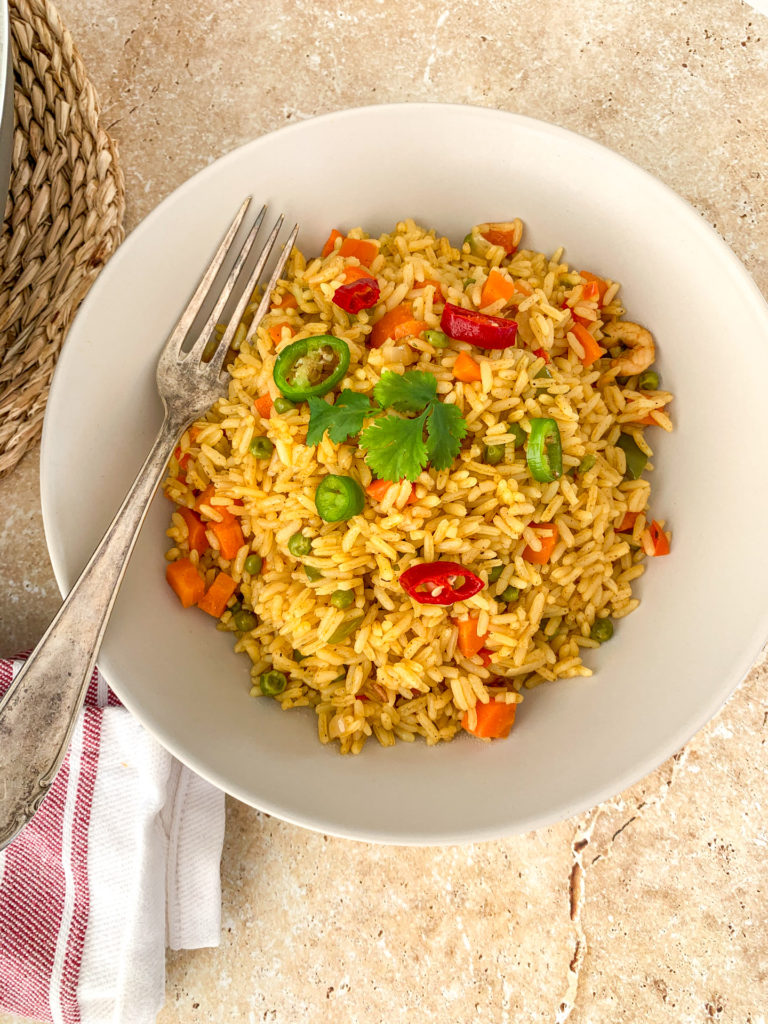
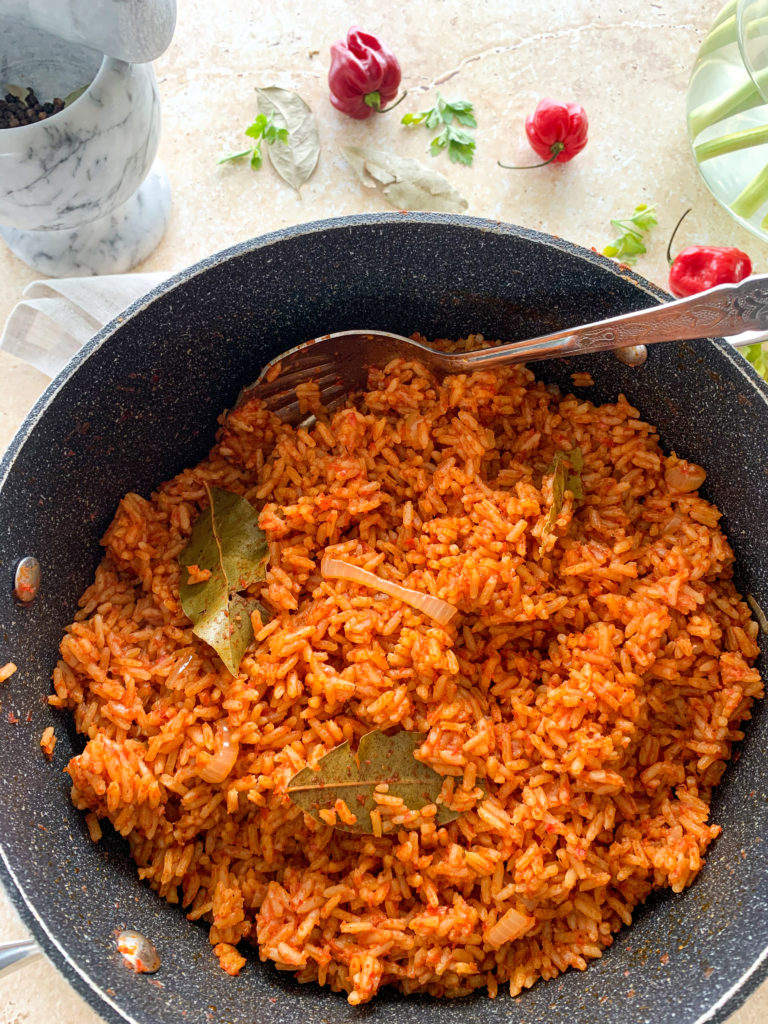
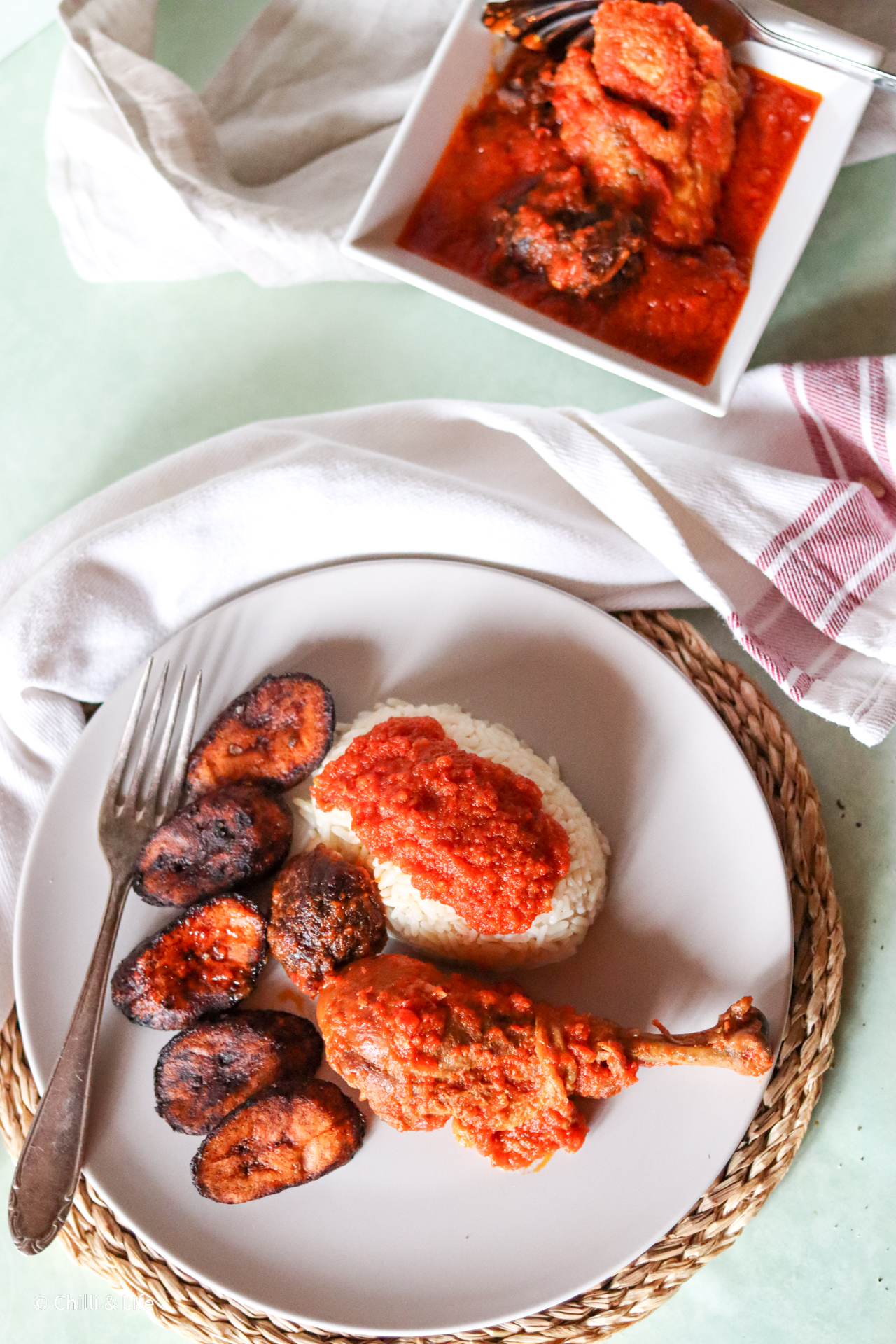
Did You Like This Nigerian Cuisine Blog Post?
Got any questions? Ask away! I’m here to help! If you loved this post, I hope you’ll leave a comment and rating below! Let me know if you tried any Nigerian recipes and how it turned out for you and share it on social media. Don’t forget to tag us at @chilliandlife and hashtag it #chilliandlife ! I’ll be sure to share it!

